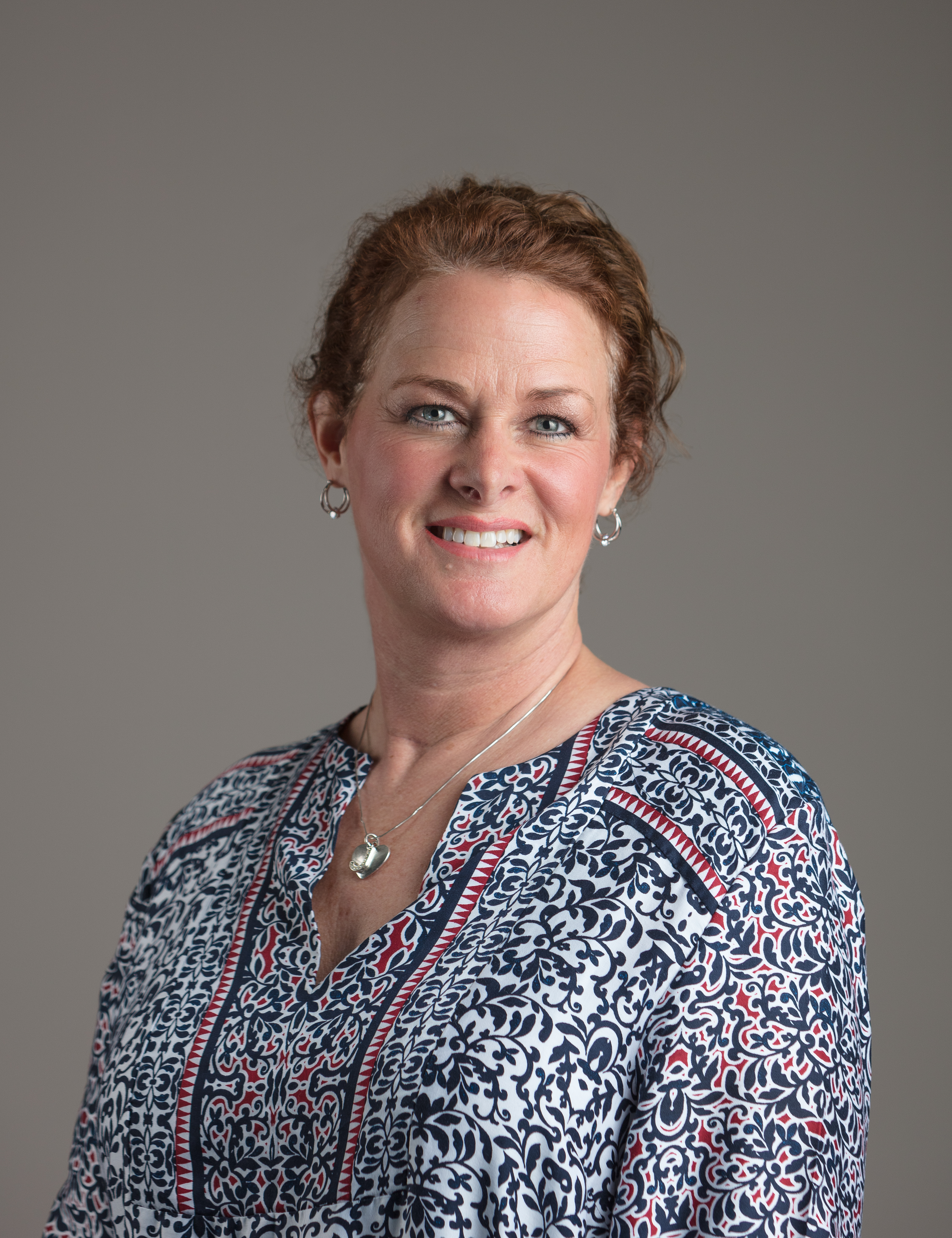Suicide prevention 1: How we communicate matters
Candid, open discussions about mental health and suicide are vital, and there are safe ways to talk about these important topics. In this session, learn about current communication-based challenges to suicide prevention and better approaches for instilling hope and setting the stage for transformation. Come away with action steps you can take today to facilitate effective conversations about mental health and suicide prevention, increase emotional intelligence, and serve as an agent of hope.
This webinar is part one of a two-part series exploring the latest research and perspectives on suicide prevention, and ways we can chart a new path forward by working together. Although research about suicide continues to evolve, what we currently know is that suicide is complex and multifaceted—not an inevitable outcome of someone experiencing pain or crisis in their life. Hope and healing are possible. Part 2 can be found here.
Participants can expect to learn about:
- The nature of hope
- Communication-based challenges to suicide prevention, including informational noise, the influence of media, deficits-based approaches, and the weaponization of mental health
- Better approaches to communicating about mental health and suicide prevention

ABOUT THE PRESENTER: Jen Brandt, PhD
Elected as a distinguished fellow of the National Academies of Practice in social work, Jen Brandt, PhD, has worked for over three decades as a sociologist, social worker, educator, researcher, and clinician. Her focus areas include suicidology, social justice, grief and loss, interpersonal violence, complex trauma, crisis intervention, mental health, communications, and developing work cultures and systems that support thriving professionals and teams.
As director of wellbeing initiatives at the AVMA, Brandt co-developed AVMA’s Workplace Wellbeing Certificate and Train the Trainer wellbeing educator programs. She previously co-founded The Ohio State University College of Veterinary Medicine’s Honoring the Bond Program, one of the first programs in the nation aimed at recognizing and honoring the human-animal bond by providing culturally sensitive support and resources to animal owners and animal care professionals. Brandt is a certified psychological autopsy investigator and certified crisis worker through the American Association of Suicidology, and a certified anti-oppression informed practitioner through the National Association of Social Workers. She has worked as a senior trainer for the Institute for Healthcare Communication since 2004. Brandt earned her PhD in social work from The Ohio State University.

ABOUT THE HOST: Deborah A. Stone, PhD, CVPM
Deborah Stone, PhD, has been involved with the veterinary profession for more than 30 years. She has experience in specialty, emergency, and general practice management. She holds an MBA in business management, a PhD in organizational leadership, and is a certified veterinary practice manager. She also is a published author, and national and international speaker. She has served as president of VetPartners, a member of the Texas Veterinary Medical Foundation board of trustees, and assistant director of continuing education at the AVMA.